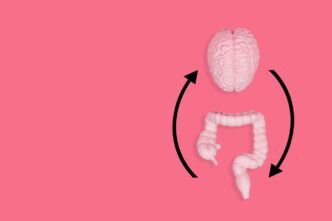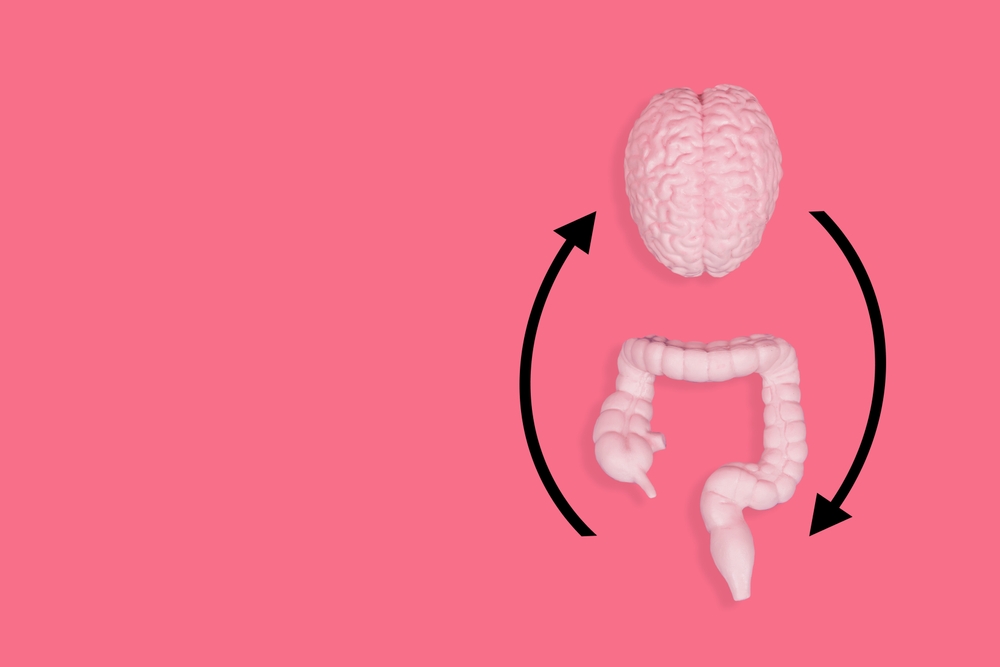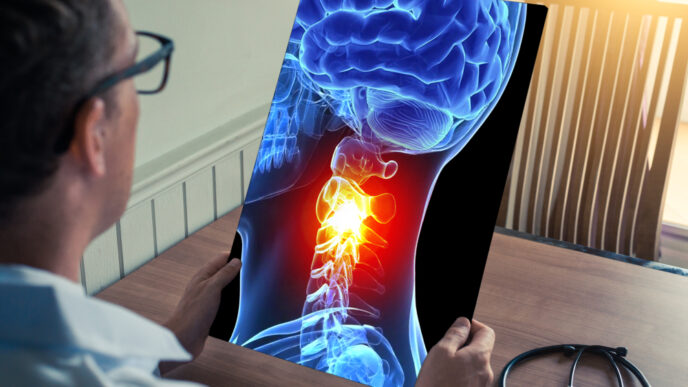Do you know that almost 1 in every 5 Malaysians experience disorders of gut-brain inteaction (DGBI)?So, what are they? Simply put, they are a collection of conditions that occurs when there is miscommunication between our brain and gut, causing unpleasant symptoms.
WORDS RAMYA RAJAINDRAN AND DR SHANTI KRISHNASAMY
 FEATURED EXPERT FEATURED EXPERTRAMYA RAJAINDRAN Registered Dietitian (MAHPC) and Research Assistant Faculty of Medicine Universiti Kebangsaan Malaysia (UKM) |
 FEATURED EXPERT FEATURED EXPERTDR SHANTHI KRISHNASAMY Senior Lecturer and Dietitian Centre for Diagnostic, Therapeutic and Investigative Studies (CODTIS) Faculty of Health Sciences Universiti Kebangsaan Malaysia (UKM) |
DGBI IN MALAYSIA
The most common DGBI found in Malaysia are:
- Functional constipation
- Functional diarrhea
- Functional dyspepsia, or feeling uncomfortably full too quickly after a meal
Common symptoms include:
- Diarrhoea and constipation
- Bloating, belching, and discomfort
- Stomach pain and burping
- Chest pain and burning
Often, we do not know what causes these symptoms. However, the following are few major causes:
- Genetic differences
- Early childhood trauma
- Reduced immunity
- Unhealthy food and lifestyle pattern
The impacts that people with DGBI face highly affect their daily life. Some of the impacts are:
- Poor sleep quality
- Mental stress
- Reduced work quality
- More doctor visits
JOIN OUR RESEARCH TO HELP US UNDERSTAND DGBI BETTER
Currently, researchers from UKM are collaborating with researchers from the Monash University Microbiome (MUM) Centre.
Study Objectives:
- To assess the correlation of gut microbiota dysbiosis in patients with gut-brain interaction
disorders. - To identify the correlation between the gut microbiome, urinary metabolome, blood
biomarkers, and nutritional factors and the development of IBS.
We are looking for 200 volunteers to take part in this study.
Benefits of Participating
- You will receive monetary compensation as a token of appreciation.
- You will contribute to increasing research knowledge on the pathophysiology of DGBI.
- You will help us understand the importance of gut dysbiosis in DGBI.
How This Study Will be Conducted
Two visits needed.
- Visit 1: Complete a questionnaire.
- Visit 2: Provide samples of blood, urine, saliva, and faeces for analysis.
Venue
Hospital Canselor Tuanku Muhriz (HCTM) and Fakulti Sains Kesihatan UKM
Privacy
- Participation in this study is voluntary. You have the freedom to choose whether or not to
participate in this study. Your choice of participation in this study will not affect the quality of
care and treatment that you will receive. - All data obtained will be recorded and used for analysis.
- The information collected during this study is strictly confidential. Only the research team and
the UKMMC Research Ethics Committee have access to your data. - As a participant in this study, you have the right to know the results of this study.
- You have the right to withdraw from this study at any time during the study.
For more information, contact me at [email protected].
This article is part of our series on tips and advice for leading a healthy lifestyle.
|
References:
- Chuah, K. H., & Mahadeva, S. (2018). Cultural factors influencing functional gastrointestinal disorders in the East. Journal of Neurogastroenterology and Motility, 24(4), 536–543. https://doi.org/10.5056/jnm18064
- Drossman, D. A. (2016). Functional gastrointestinal disorders: History, pathophysiology, clinical features, and Rome IV. Gastroenterology, 150(6), 1262-1279.e2. https://doi.org/10.1053/j.gastro.2016.02.032
- Hreinsson, J. P., Wong, R. K. M., Tack, J., Whorwell, P., Benninga, M. A., Andresen, V., Bonaz, B., Choi, S. C., Corazziari, E. S., Santos, J., Fukudo, S., Kanazawa, M., Fang, X., Bangdiwala, S. I., Sperber, A. D., Palsson, O. S., & Simrén, M. (2023). A comparative study of disorders of gut–brain interaction in Western Europe and Asia based on the Rome foundation global epidemiology study. Neurogastroenterology & Motility, 35(6). https://doi.org/10.1111/nmo.14566
- Simadibrata, D. M., Lesmana, E., Koo, T. H., Yadav, H., Chong, K. M., Musa, K. I., Cheng, K. Y., Tagiling, N., Mokhtar, N. M., Hamid, N. A., Abdullah, N., Mokhtar, M. H., Wahab, N. A., Danpanichkul, P., Chong, Y. Y., Wong, Z., Sperber, A., Bangdiwala, S. I., Palsson, O. S., & Lee, Y. Y. (2025). Epidemiology and impact of disorders of gut–brain interaction in multiethnic Malaysia: An in‐depth analysis of local data from the Rome Foundation Global Epidemiology Study. Journal of Gastroenterology and Hepatology. https://doi.org/10.1111/jgh.16953














